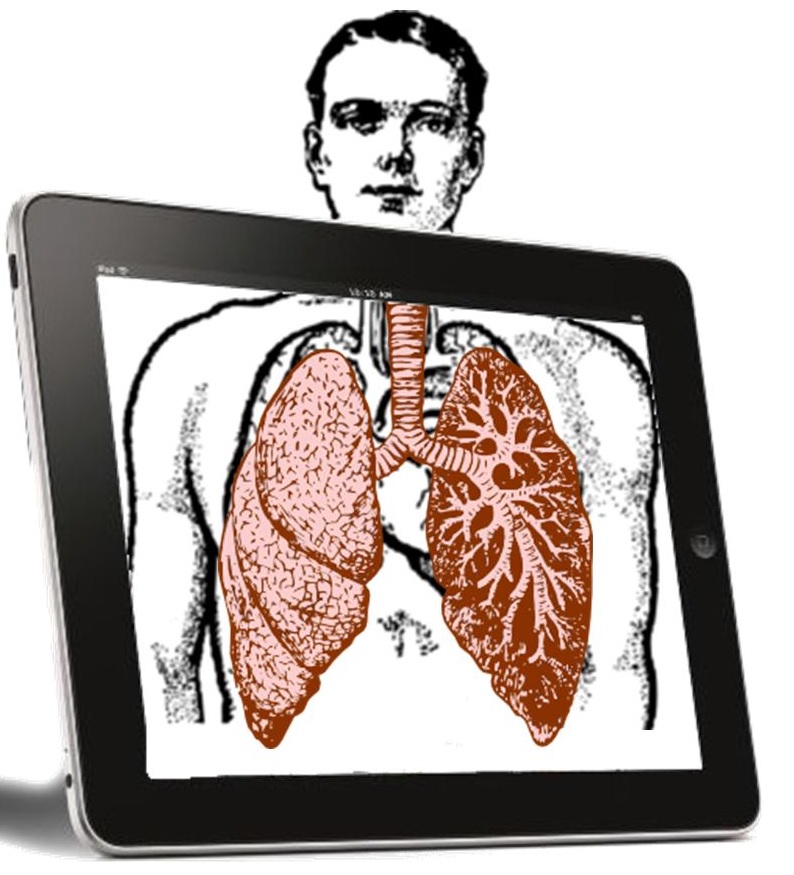This new digital passport is designed to provide amusement for travelers as they kill time.
Blippar has just unveiled the latest augmented reality offering in its lineup, which is made up of a digital passport that is designed specifically for travelers who need to be kept amused throughout their long and otherwise boring journeys.
Specifically geared toward children, the hope is to keep stress levels down for parents on trips.
While traveling, many parents experience high stress and anxiety levels in attempting to keep their children entertained. The augmented reality passport from Blippar is meant to help to improve that situation and make family trips far more pleasant.
The augmented reality passport allows users to view “blips” that can keep them entertained.
When kids use the augmented reality app with their British passports, travelers will be able to watch a three dimensional plane appear to take off from the document. They can then tap the plane in order to navigate a number of different games that are inspired by vacation themes. Beyond games, it also features helpful tools such as checklists for packing.
The augmented reality passport also offers common phrase guides in French, Italian, Spanish, and Croatian, along with their phonetic pronunciations. This allows the experience to be not only fun and interesting for the traveling children, but also helpful and educational.
The Blippar CMO, Jess Butcher, explained that “With 14 million UK holidaymakers expected to go abroad this summer, we wanted to create something fun, informative and engaging that any person travelling abroad could use.” She also added that children are frequently bored when they need to sit around waiting in places such as airports, so the company wanted to come up with something that would allow families to focus on enjoying their vacations together, instead of being stressed and anxious because of rangy kids who aren’t being adequately simulated.
Only the front cover of any passport needs to be “blipped” in order to access the augmented reality features and provide travelers with an interactive travel experience that the children can enjoy. The app works for Android and iOS devices.

 Though the concept of using augmented reality this way may seem promising, it has a number of glitches that still need to be worked out, because it is not possible for a surgeon to actually use the technology on his or her own during an operation. To use the tablet at the same time that an operation is taking place, another pair of hands is required, and that individual will need to be able to hold it up and at the perfect angle throughout length and challenging surgeries.
Though the concept of using augmented reality this way may seem promising, it has a number of glitches that still need to be worked out, because it is not possible for a surgeon to actually use the technology on his or her own during an operation. To use the tablet at the same time that an operation is taking place, another pair of hands is required, and that individual will need to be able to hold it up and at the perfect angle throughout length and challenging surgeries.